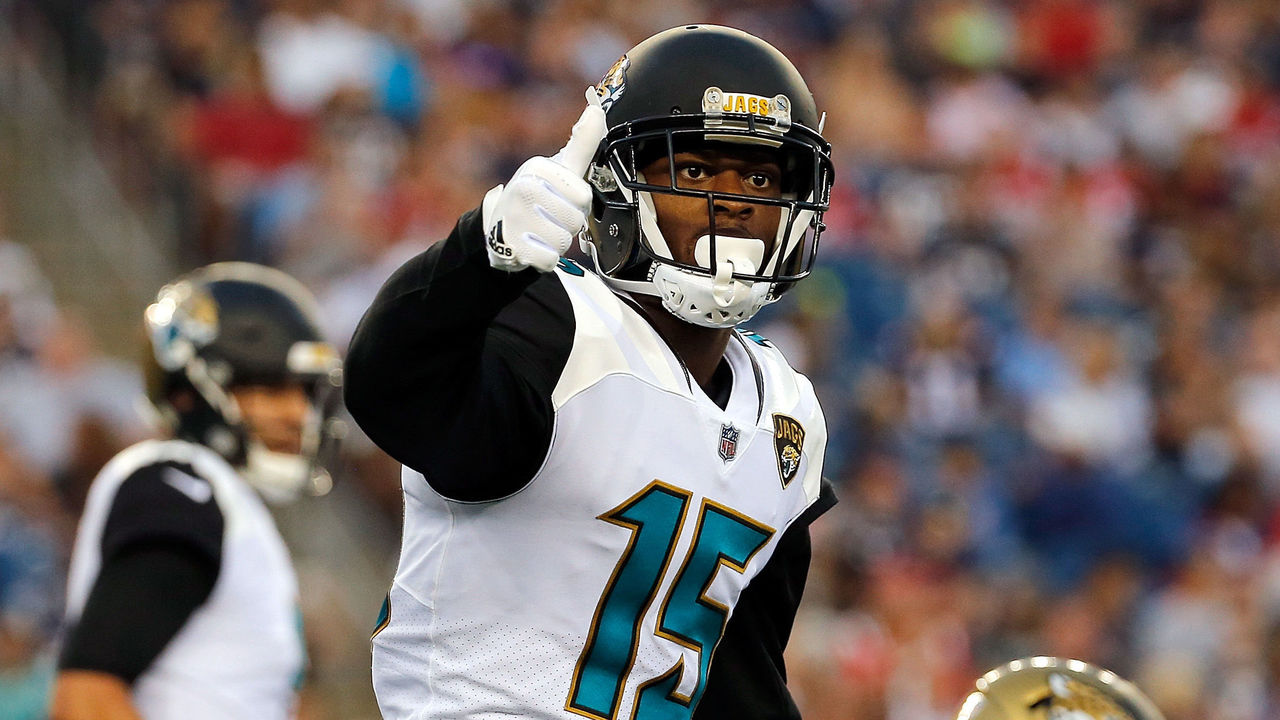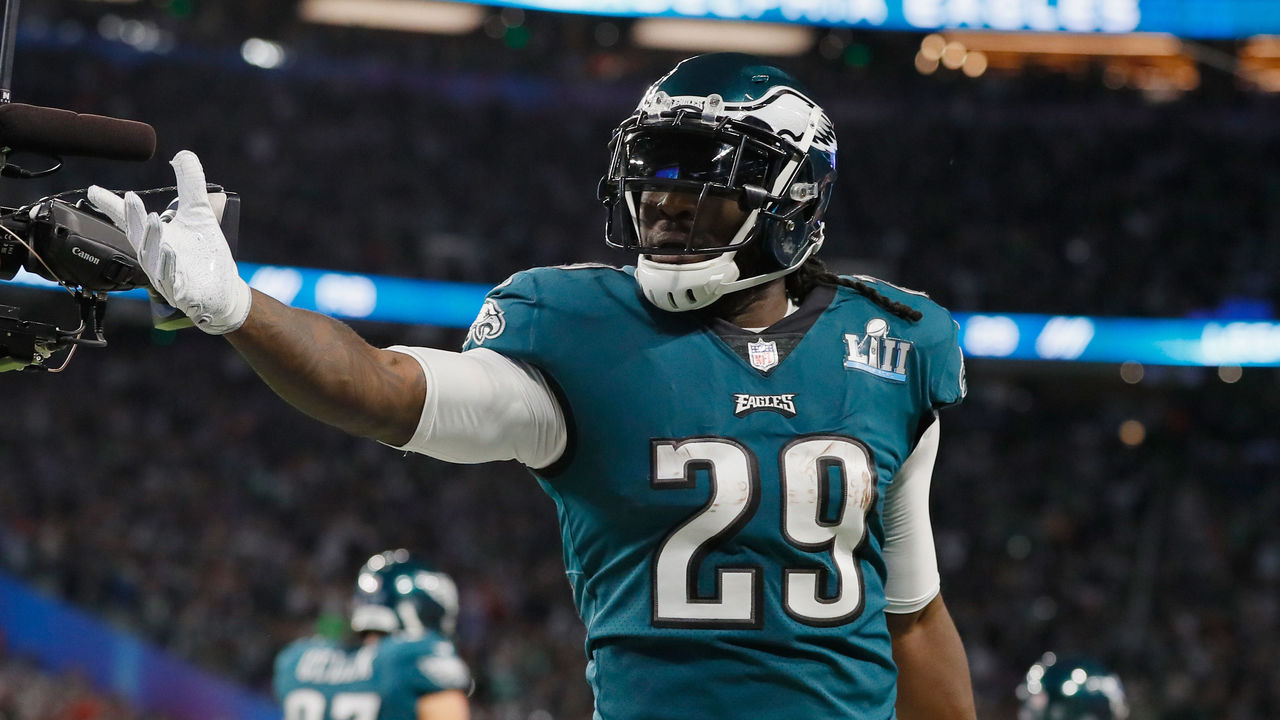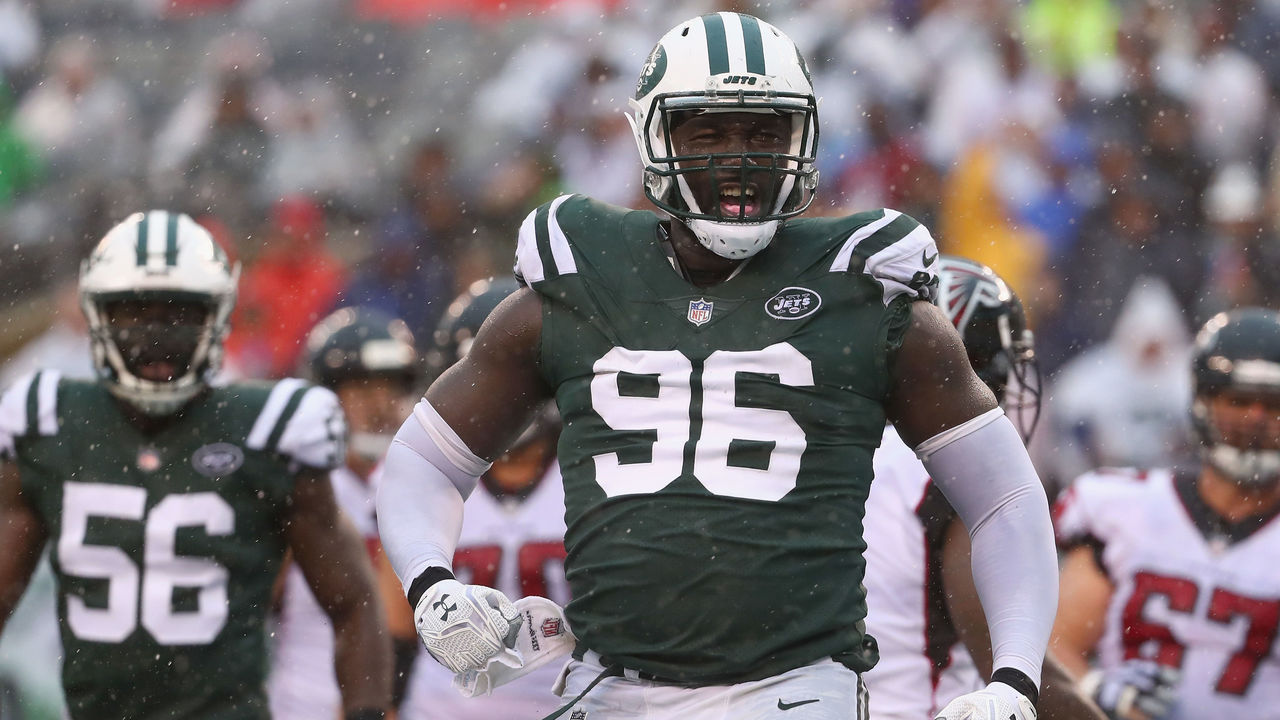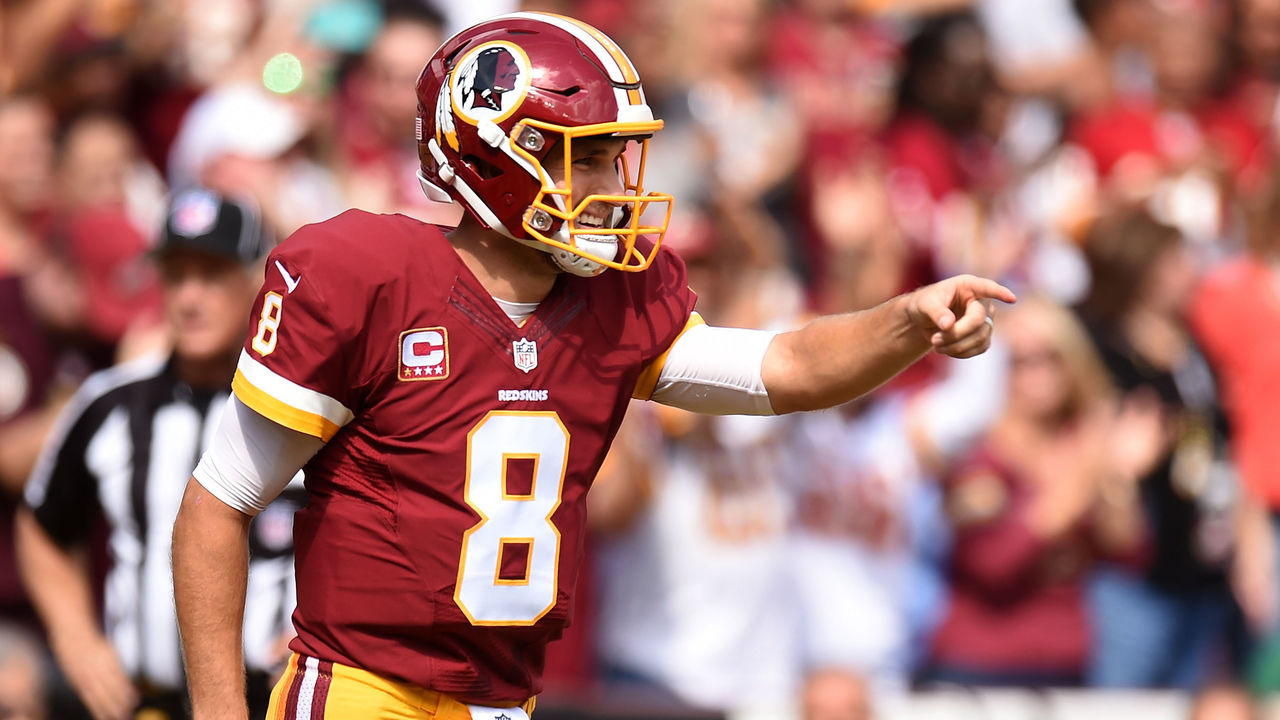Best and worst offseason moves by every team: NFC North
NFC
EAST | NORTH | SOUTH | WEST
AFC
EAST | NORTH | SOUTH | WEST
Chicago Bears
Best: Completely overhauling their wide receiver group

If the Bears are to make the Mitch Trubisky Era work, they need to give him enough playmakers to work with, and that's exactly what Ryan Pace did this summer. The Bears' wide receiver corps, previously an anonymous, bland group, was bolstered by the signings of Allen Robinson and Taylor Gabriel, giving Trubisky two targets that can stretch the field.
Chicago continued its makeover, selecting consensus All-American Anthony Miller in the second round. Trubisky has enough weapons now to present a fair evaluation of himself in his second year. Let's see if it pays off.
Worst: Matching Kyle Fuller's RFA offer sheet from Packers
One of the cardinal sins of professional sports is overrating your own talent and that's precisely what the Bears did with Fuller. After placing the transition tag on Fuller, which would pay him $12.97 million for the upcoming season, the Packers offered him a four-year, $56 million contract with $18 million in guarantees.
It would seem near certain that Fuller would be in green and yellow for the 2018 season, but the Bears matched the offer, retaining the cornerback through 2021. Fuller is a fine cornerback, but that's simply way too much for someone who's never approached All-Pro status.
Detroit Lions
Best: Revitalizing entire running game through free agency, draft

Detroit should be able to attack its opponents on the ground with more consistency this season, after signing LeGarrette Blount in free agency, re-signing Zach Zenner, and drafting Kerryon Johnson in the second round.
Blount won Super Bowls in consecutive seasons with the Patriots and Eagles, respectively, and is capable of being a lead back with a bruising presence. Near the goal-line, the Lions now have an option who led the NFL in rushing touchdowns during the 2016 season. Johnson proved that he's also ready to serve as a lead back in the NFL, and it wouldn't be a surprise if the Lions rely on him heavily during his rookie season, while Zenner serves as a happy medium between the two.
Worst: Selecting Frank Ragnow No. 20 overall
Ragnow could end up being a decent player in the NFL but it was certainly a positional overreach for the Lions, who could've waited patiently for the 22-year-old to drop. If Ragnow doesn't provide excellent return on value for the Lions, this may end up being one of the most widely panned picks of the 2018 draft.
Ragnow can play either center or guard and he'll be tasked with immediately becoming a star-caliber player early in his career. What a bizarre way to begin head coach Matt Patricia's tenure with the team.
Green Bay Packers
Best: Adding Muhammad Wilkerson in free agency

Wilkerson needed a change of scenery after a tumultuous end to his chapter with the New York Jets. There's no mistaking his talent, however, and the Packers found a disruptive player who can function with equal fluency at end and tackle.
Three years removed from a 12-sack season, it's possible that Wilkerson's career will be reinvigorated with a franchise that's always in the running for the postseason. On a one-year, $5-million deal, Wilkerson represents some of the best value in the NFL.
Worst: Retaining Ted Thompson after demoting from general manager
Why would the Packers enact a series of half-measures if they are committed to genuine change? Thompson, who had been one of the NFL's longest-tenured general managers, was replaced by Brian Gutekunst. Green Bay responded by making Thompson the senior advisor of football operations.
If Thompson wasn't good enough to keep his job as general manager, what good is it for him to advise the new administration on personnel decisions? There's a lot to be desired by the decision making from the NFL's lone community owned team.
Minnesota Vikings
Best: Signing Kirk Cousins to 3-year, $84-million deal

A lot of analysts are balking at Cousins' contract and wonder why the Vikings made the move, but it's a simplistic calculation. Cousins is good enough to stabilize their window of opportunity for an elusive Super Bowl and indicates that they aren't settling for anything less than a Lombardi Trophy.
It's easy to get hung up on the financial terms themselves, but if you look at it as a function of an escalating salary cap, it becomes more palatable. The Vikings are all-in and Cousins is now entrusted to get the job done.
Worst: Selecting Mike Hughes with No. 30 pick
This isn't as much an indictment of Hughes as it is a reflection of the Vikings' strong offseason. Alas, there has to be a worst move, and adding a one-year wonder in Hughes was a risk the Vikings didn't necessarily need to take.
If the Vikings are trying to stockpile assets for the future, so be it, but with Xavier Rhodes, Trae Waynes, and Mackensie Alexander already aboard, this selection didn't make a whole lot of sense.
NFC
EAST | NORTH | SOUTH | WEST
AFC
EAST | NORTH | SOUTH | WEST
(Photos courtesy: Getty Images)